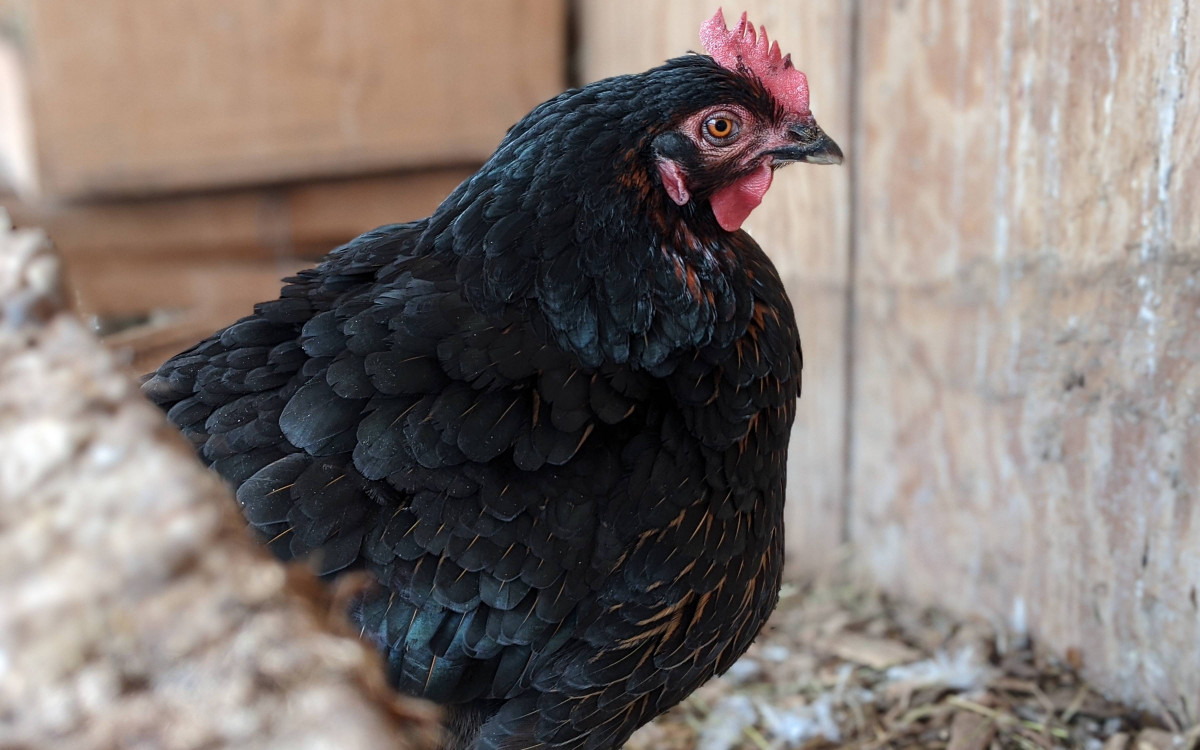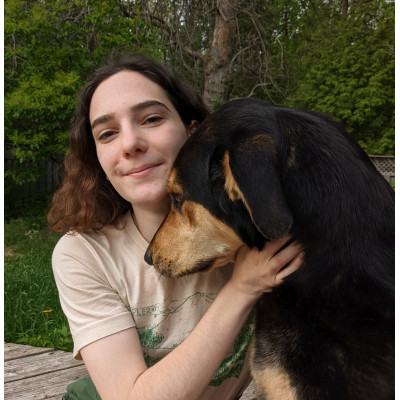Chickens are the animal veterans of Project PACE. We started with maybe twenty or so chickens in 2015. Who would’ve thought that by now we would have just about a hundred laying hens, a good deal of roosters and chicks too!
What is a chicken’s lifespan?
Chickens can live for 5-8 years on average. At our farm, the longest surviving chicken is six years old, which happens to be the number of years we’ve been raising these little dinosaurs.
What do they eat?
Chickens are omnivorous, just like humans! They eat pretty much everything: grains, grass, fruits, veggies, insects and occasionally scraps from our cooking endeavours (yum!).
When do they lay eggs, and for how long?
Hens (female chickens) start laying eggs when they are about 5-6 months old. In the summer, young hens will usually lay two eggs within the span of three days (which equates to an egg every 26 hours). When winter rolls around, hens will start to lay less eggs since their bodies need to focus on staying warm during the colder months. As chickens age, they will start to lay less frequently, which is why farm eggs are seasonal and their quantities fluctuate!
Where do they stay?
During summer months, most of our chickens live in mobile chicken coops. Each of these coops will have small families of hens (around six or seven) and one rooster. Every day, we move the coops for our chickens to gain access to fresh grass, insects and worms—their main source of calcium. They are simultaneously fed with grains and have their drinking water refilled.
How is the living situation different during winter?
Chickens are cold tolerant, but need protection from wind and drafts. During winter, our chickens are all brought back into our barn, where they flock together to conserve heat. The chickens live in a rather big barn, which they also happen to share with our goats and sheep.
Our winter routine differs from our summer routine—though basic principles remain the same: we feed chickens with grains and kitchen scraps, fill their waterers, collect their eggs, clean their nests and change their bedding when needed.
What chicken breeds do you have?
We have many chicken breeds on our farm: Bantam, Silkie, Phoenix, Leghorn, Ameraucana, Bovan, Chanteclair, Hamburg, Fayumi, Millfleure—though it’s safe to say that most of our chickens are mixed since they are free-range.
Why have chickens at Project PACE?
We raise our chickens for eggs. Different chicken breeds lay eggs of different colours, sizes and even shapes! This is why we have an assortment of hues when it comes to our eggs: white, brown, green, blue, gray, beige, and everything in between! They all taste very similar as there is no correlation between shell colour and egg flavour. A good question to ask would be: why do chickens lay eggs in various colours? Well, in the wild, coloured eggs are easier to hide in the grass. Some lucky chickens preserved this feature from their ancestors—hence colourful eggs.
Chickens are also excellent at making and sifting compost. They fertilize, aerate and debug lawns, clean weeds, protect bees from hornets, just to name a few! Old hens baby-sit chicks while old roosters can protect and teach them the basics of a chicken’s life.
.png)

